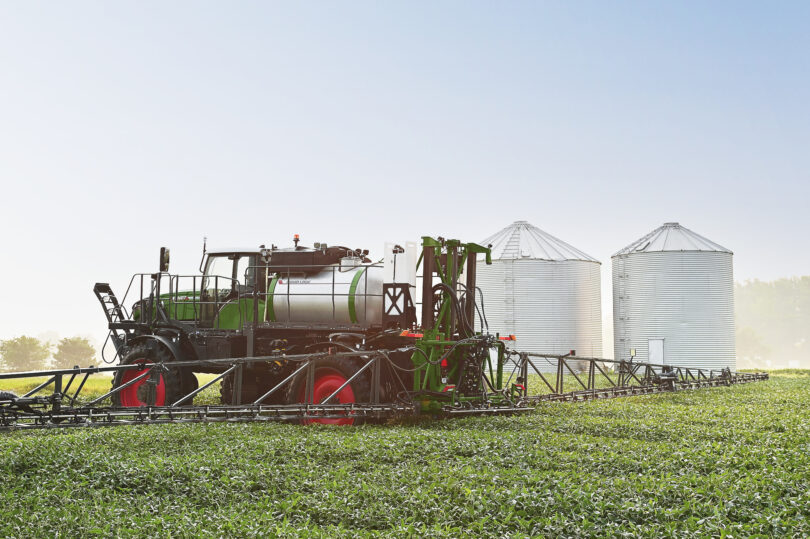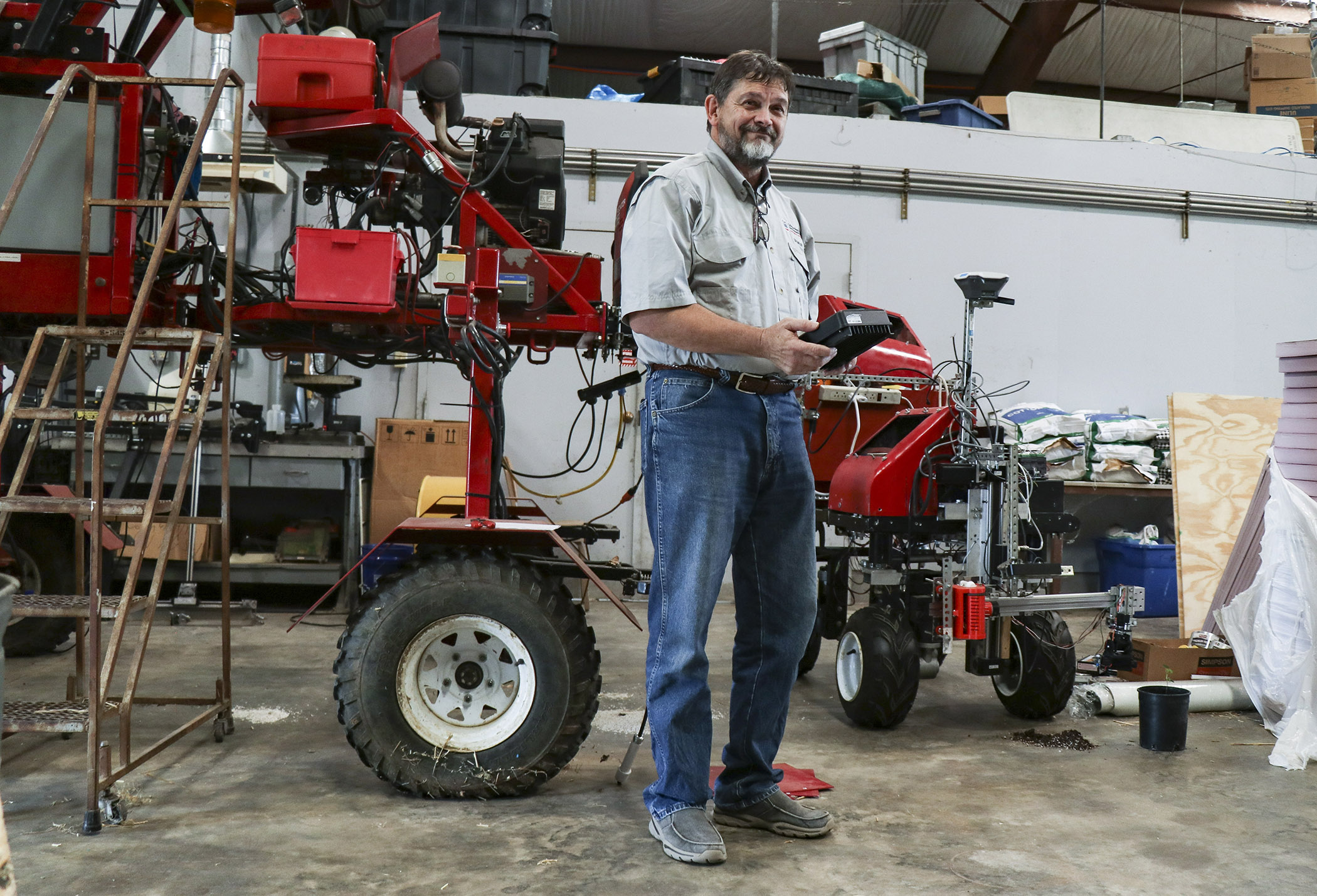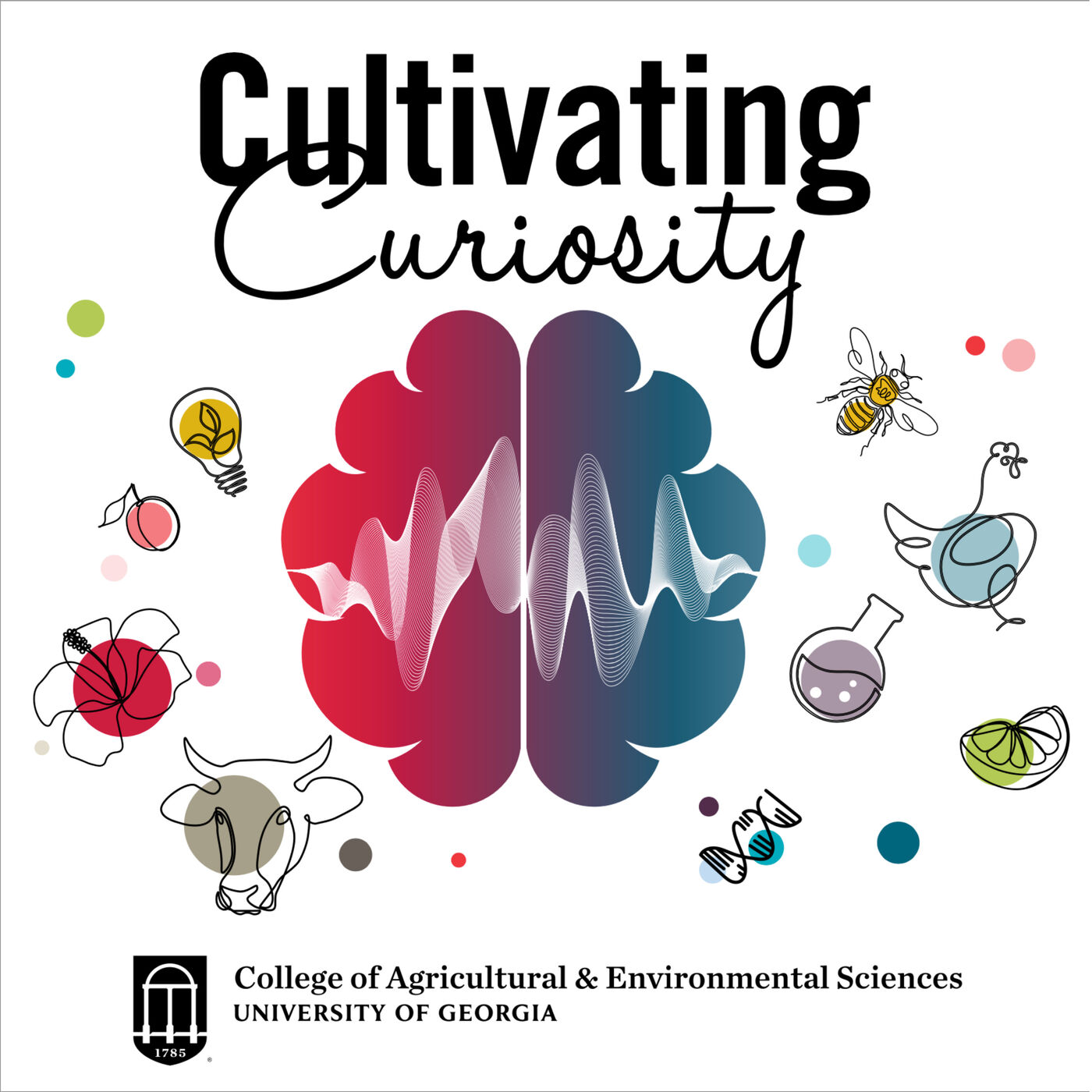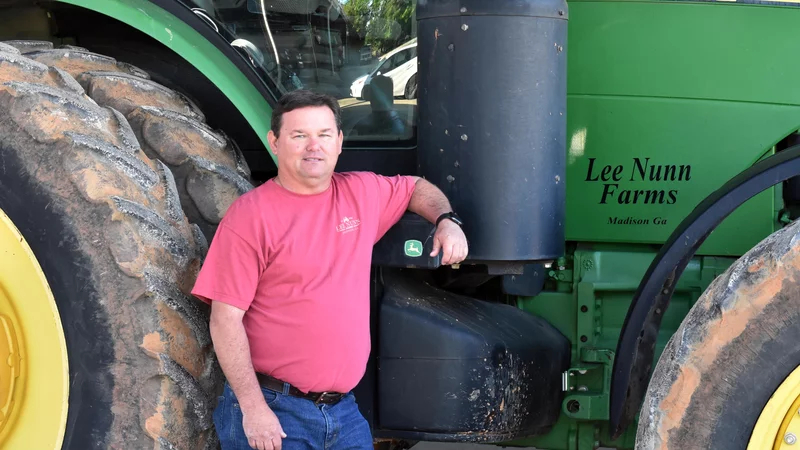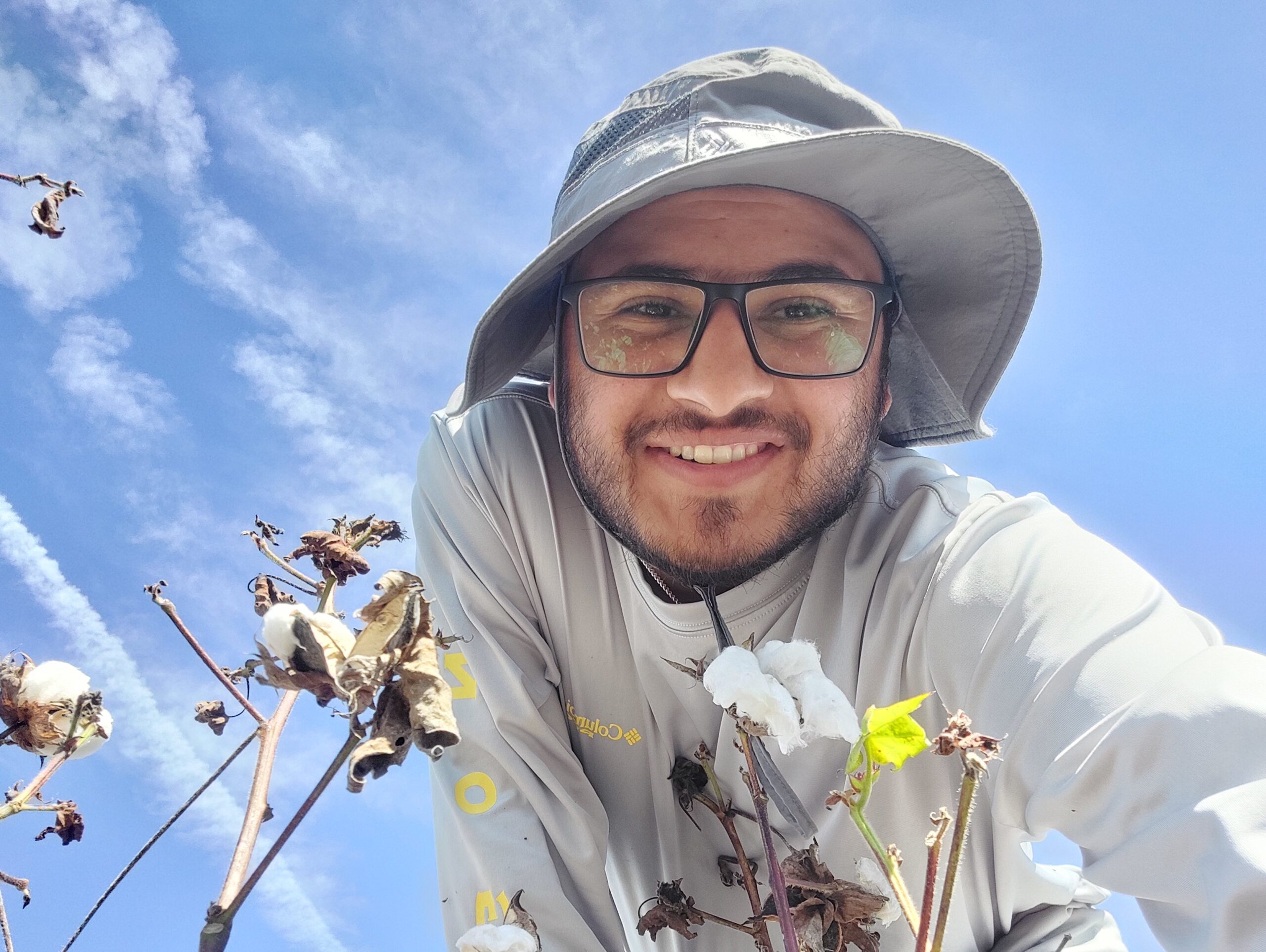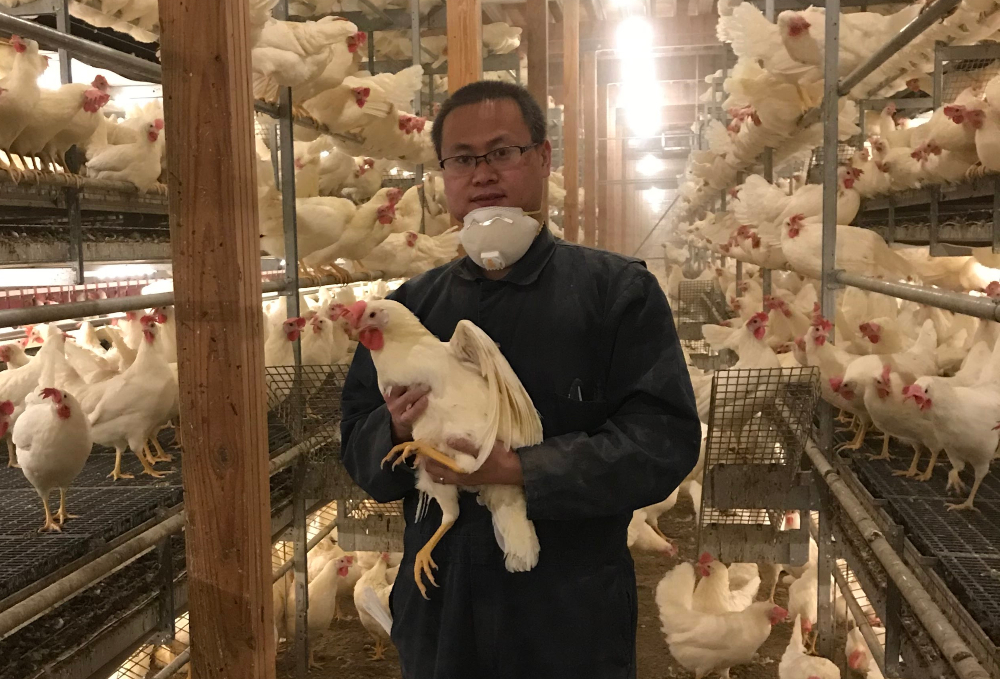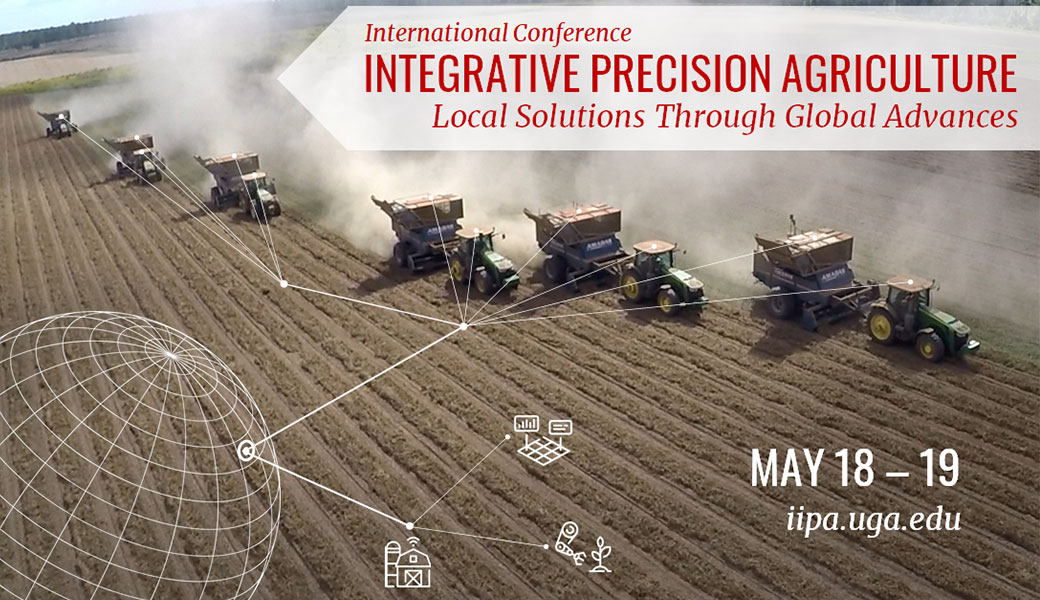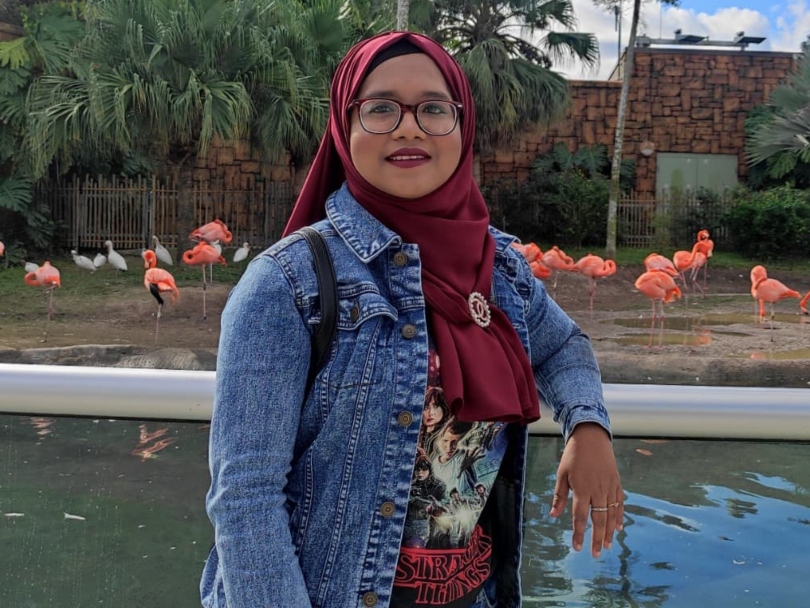Drs. Vellidis & Virk Talk Precision Ag on UGA’s Cultivating Curiosity Podcast
On the first-ever travel episode of UGA CAES’s Cultivating Curiosity podcast, hosts Jordan Powers and Emily Davenport head to Tifton, Georgia to visit with Drs. George Vellidis and Simer Virk, both faculty in the University of Georgia’s Department of Crop and Soil Sciences.
Listen in to learn what digital technology is involved with integrative precision agriculture (IPA – the science, not the beer!) and how the data produced helps growers make better decisions, save resources and improves sustainability for producers and the planet.
In addition, the podcast hosts produced a mini episode in which they talked with Drs. Vellidis and Virk to discuss what to expect out of the first Integrative Precision Agriculture Conference, which will be held at the University of Georgia May 18 and 19. Listen in to learn how global industry leaders and researchers will collaborate on the most critical issues facing crop and animal production at this inaugural event.
The UGA Poultry Science Department Holds the 2023 Georgia Precision Poultry Farming Conference
The UGA Poultry Science department held the “2023 Georgia Precision Poultry Farming Conference (GPPFC)” virtually on May 2. The day-long conference had 450 registrations/attendees (e.g., poultry and egg producers, farmers, researchers, service company tech managers, government officials, Extension agents, and students, etc) from 35 different countries. 14 speakers and panelists shared their latest knowledge and experience of precision poultry production and processing. The conference was coordinated by Dr. Lilong Chai, UGA Poultry Science.
Program
Welcome & Updates
09:00 AM Welcome and Poultry Science Department Update
Dr. Todd Applegate, Department Head & Distinguished Professor, UGA Poultry Science
09:15 AM Welcome and Georgia Poultry Federation Update
Mr. Mike Giles, President, Georgia Poultry Federation
09:30 AM UGA Poultry Extension Update
Dr. Casey Ritz, Professor & Extension Coordinator, UGA Poultry Science
Morning Technical Session
09:40 AM Monitoring Poultry Health and Welfare with Optical Flow Technology
Dr. Marian Dawkins, Professor of Animal Behavior, University of Oxford, UK
10:25 AM Broiler Breeder Welfare Management
Dr. Kate Barger-Weathers, Director of World Animal Welfare, Cobb-Vantress
11:10 AM Broiler Heat Stress Management with Engineering Intervention
Dr. Yi Liang, Associate Professor, University of Arkansas
11:50 AM Monitoring Broiler Gait Score with Imaging System
Dr. Yang Zhao, Assistant Professor, University of Tennessee
Afternoon Technical Session
1:00 PM Poultry Processing Technologies
Dr. Brian Kiepper, Associate Professor, UGA Poultry Science
1:45 PM Artificial Intelligence-Assisted Tools for Precision Poultry Farming
Dr. Guoming Li, Assistant Professor, UGA Poultry Science
2:15 PM How Robots and Automation Might Change the Design of Broiler Houses
Dr. Alexander Samoylov, Principal Research Scientist, Georgia Tech Research Insitittue
Panel Discussion
3:00 PM Precision technologies & gaps for the advancement of poultry nutrition and health
Host: Dr. Todd Applegate, Department Head of UGA Poultry Science
Panelists:
Mr. Arjun Ganesan, CEO, Ancera
Dr. Nikki Shariat, Assistant Professor, UGA Dept. of Population Health
Dr. David Wicker, Vice President for Live Production, Fieldale Farms, Corp.
Q & A with UGA Grad Student, Amrit Pokhrel
A master’s student of crop physiology and integrative precision agriculture, Amrit Pokhrel studied plant science in his native Nepal before enrolling at UGA-Tifton.
Precision Farming Technologies for Sustainable Egg Productions
Poultry production plays a critical role in feeding the increasing world’s population with affordable protein (i.e., chicken and eggs). The United States is currently the world’s largest broiler producer and 2nd largest egg producer due to continuous innovation in animal breeding, nutrition management, environmental control, and disease prevention, etc. However, US poultry and egg farms are facing several production challenges such as animal welfare concerns.
The Farm of Tomorrow, Imagined and Realized – from the Georgia Research Alliance
Even a trained eye can’t discern all that’s happening inside a poultry grow-out house, home to tens of thousands of broiler chickens. The birds bob-walk about, pecking food from dispensers and buck-buck-bucking in conversation. Everything looks as you’d expect.
UGA Ph.D. Student Uses Modeling to Quantify Flash Drought
Flash drought is the rapid onset or intensification of relatively short-term agricultural drought.
Learn how Crop and Soil Sciences Ph.D. student, Jasia Jannat (advisor: Dr. Vellidis), is quantifying its effects in the Southeast.

